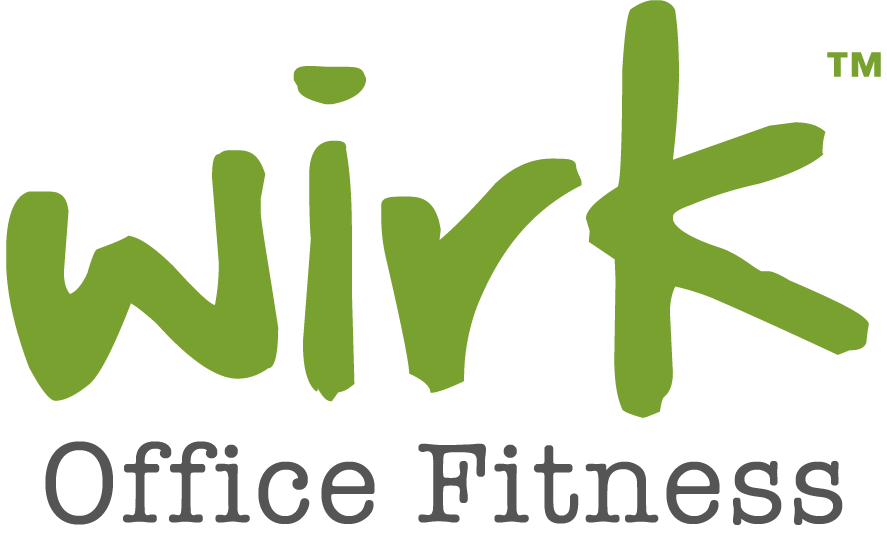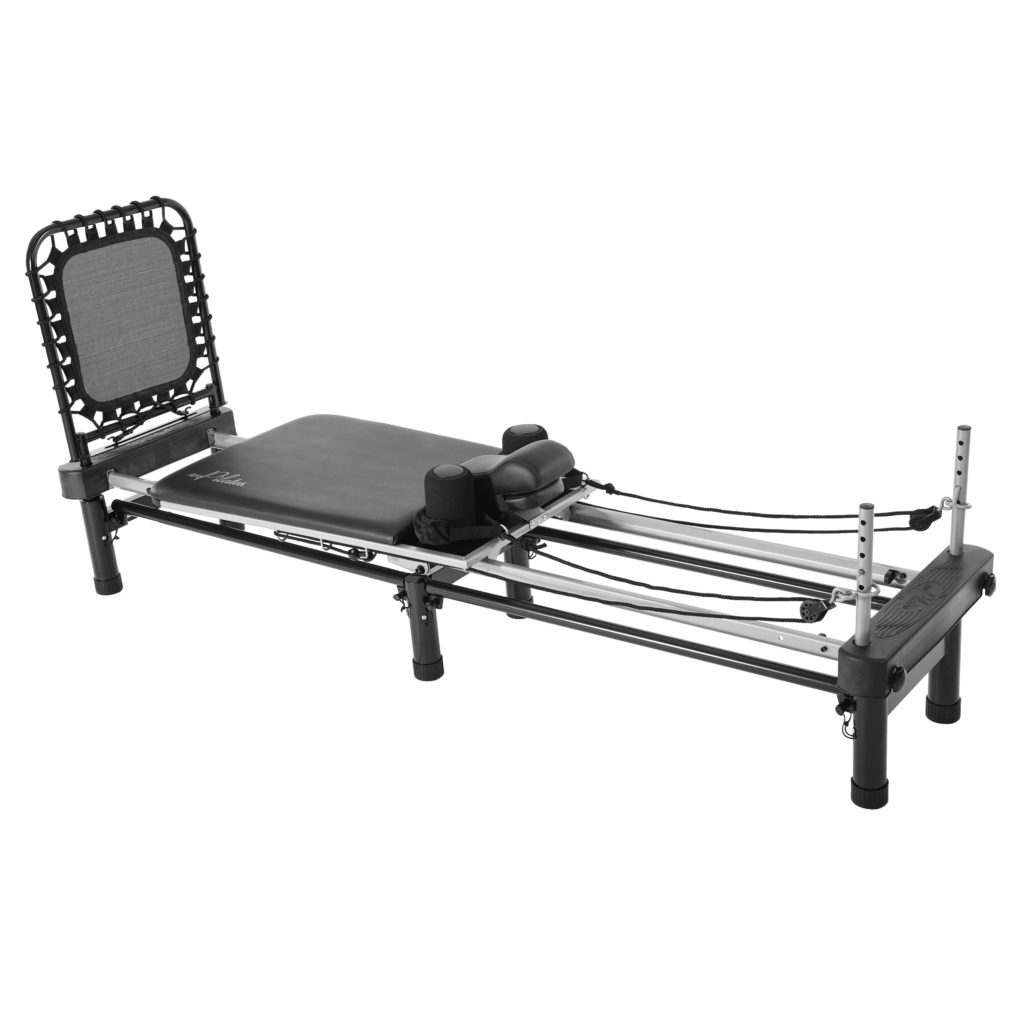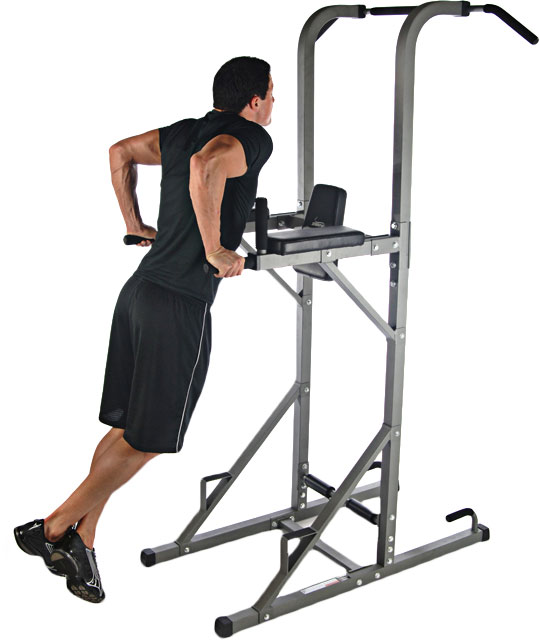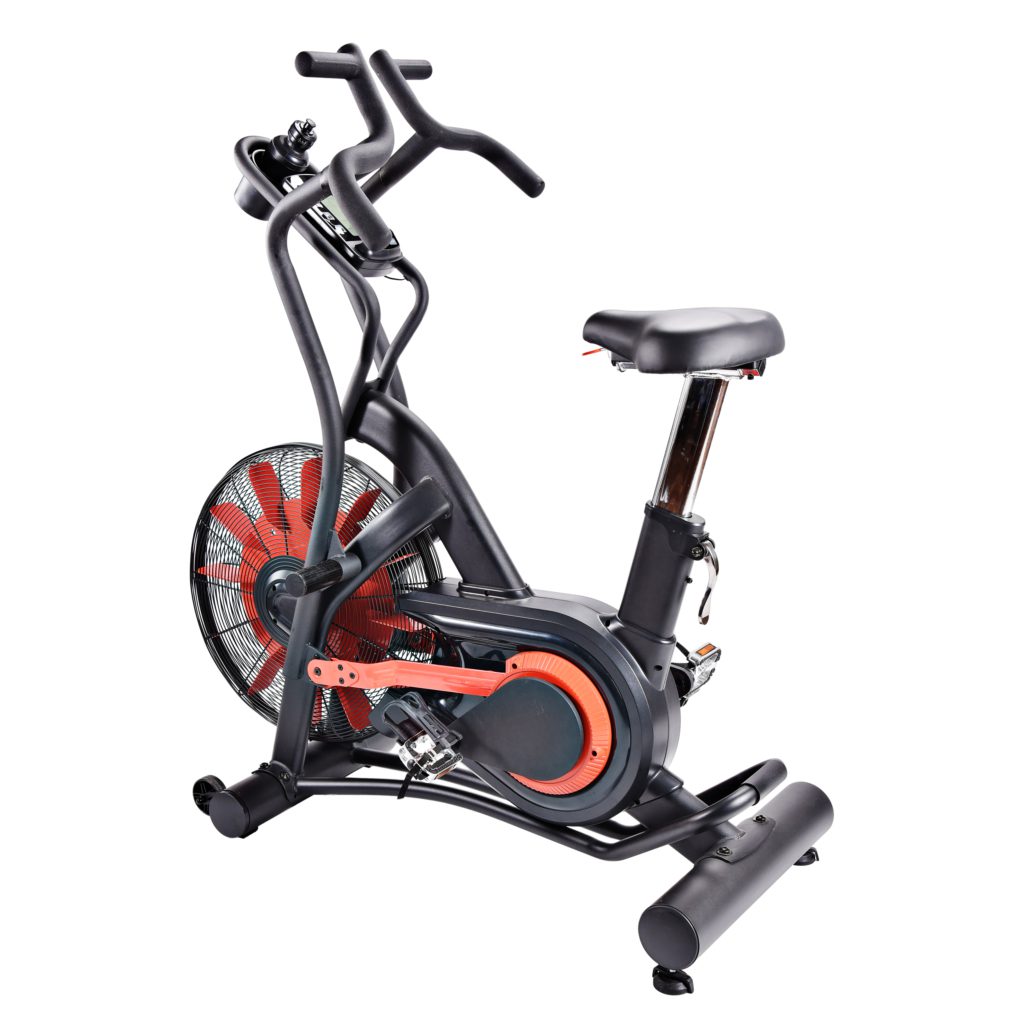Horticulture Therapy for All Ages: The Mental, Physical and Nutritional Benefits of Gardening
On any given suburban weekend in spring, you’re bound to see your neighbors getting dirty. They’re preparing soil, planting flowers and tending to vegetables. The more you observe them (not in a creepy way), the more you’ll realize it’s like clockwork.
If you’re an avid or occasional gardener, you already know why. Gardening is an escape from the hustle and bustle of everyday life. But it’s not just about aesthetics; there’s many mental, physical and nutritional benefits to gardening. Unfortunately, younger generations are missing out. According to a UK survey, 65 percent of those 25 years old or younger don’t know what a pruner is.
Mental benefits of gardening
One of the major benefits of gardening is stress relief. It doesn’t just decrease the production of cortisol, the stress hormone. According to horticulture therapy researchers, it increased the desire to live, decreased anxiety and improved self-worth in those with severe mental disorders. These researches do warn that personal gardens are little more stressful since it’s up to you to care for it. At horticulture therapy institutions, professional gardeners ensure everything gets done; it’s not just the patients. To avoid making gardening stressful, keep it small if you’re inexperienced.
Although these positive side effects of gardening can benefits those of any age, gardening may be particularly advantageous for college students and young adults. Anxiety and depression have been on the rise in younger adults for years, and many attribute it to more time being spent indoors.
Physical benefits of gardening
If you want to reap the cardiovascular benefits of gardening, you have to do more than water plants. Two and a half hours of weeding, digging, raking, etc. counts as moderate cardiovascular exercise, according to the CDC. But if that kind of labor is too much for you, don’t worry. There are many other physical benefits, including:
- Aiding in functional movements, such as stretching, lifting and bending
- Improvement in flexibility and balance
- Sharpening of the senses
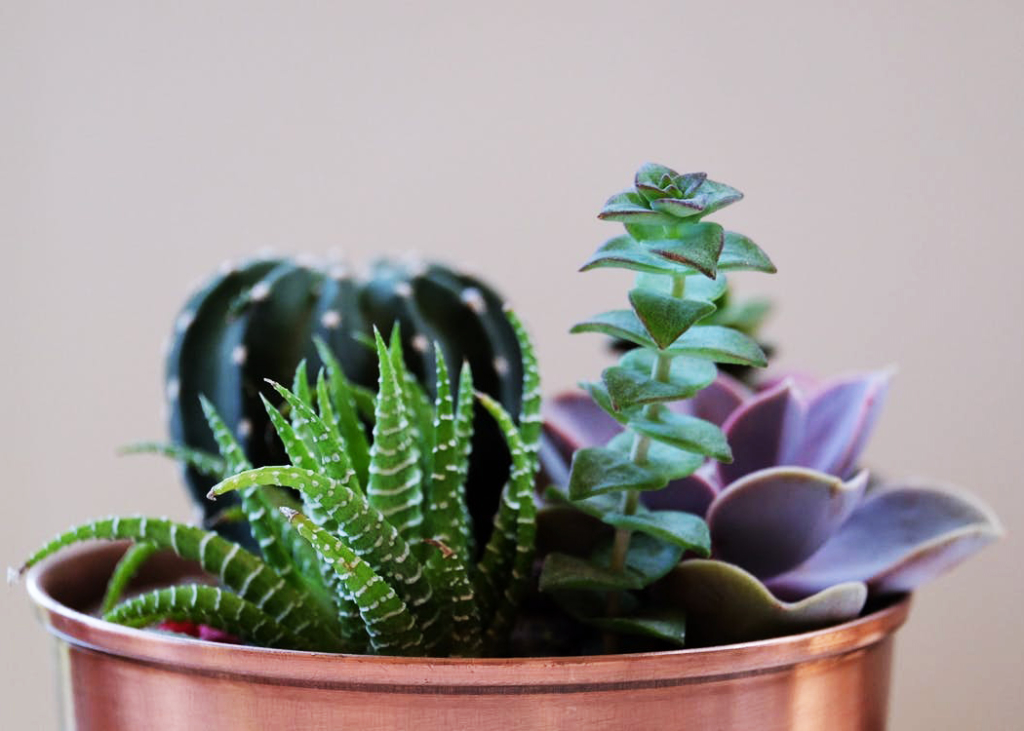
Nutritional benefits of gardening
Finally, when you garden, you’re in complete control over the fruits and veggies going into your body. Not only do you decide what fertilizers and pesticides you use (if you use any at all), but homegrown food is also more nutritious. Store produce must be picked early so that it’s ripe upon arrival. With garden-grown fruits and veggies, you can wait longer to pick. Thus, making the product more nutrient-dense.
How to begin gardening
Although it may take a little time to perfect gardening depending on your region or climate, it’s not hard. Many kitchen staples, like tomatoes, lettuce and peppers, are “very forgiving,” according to Kathleen Frith of Harvard’s Center for Health and Global Environment.
The best way to begin is to start small, then go from there. Although there’s a lot of information on the web, sometimes it’s best to ask local gardeners for tips.




